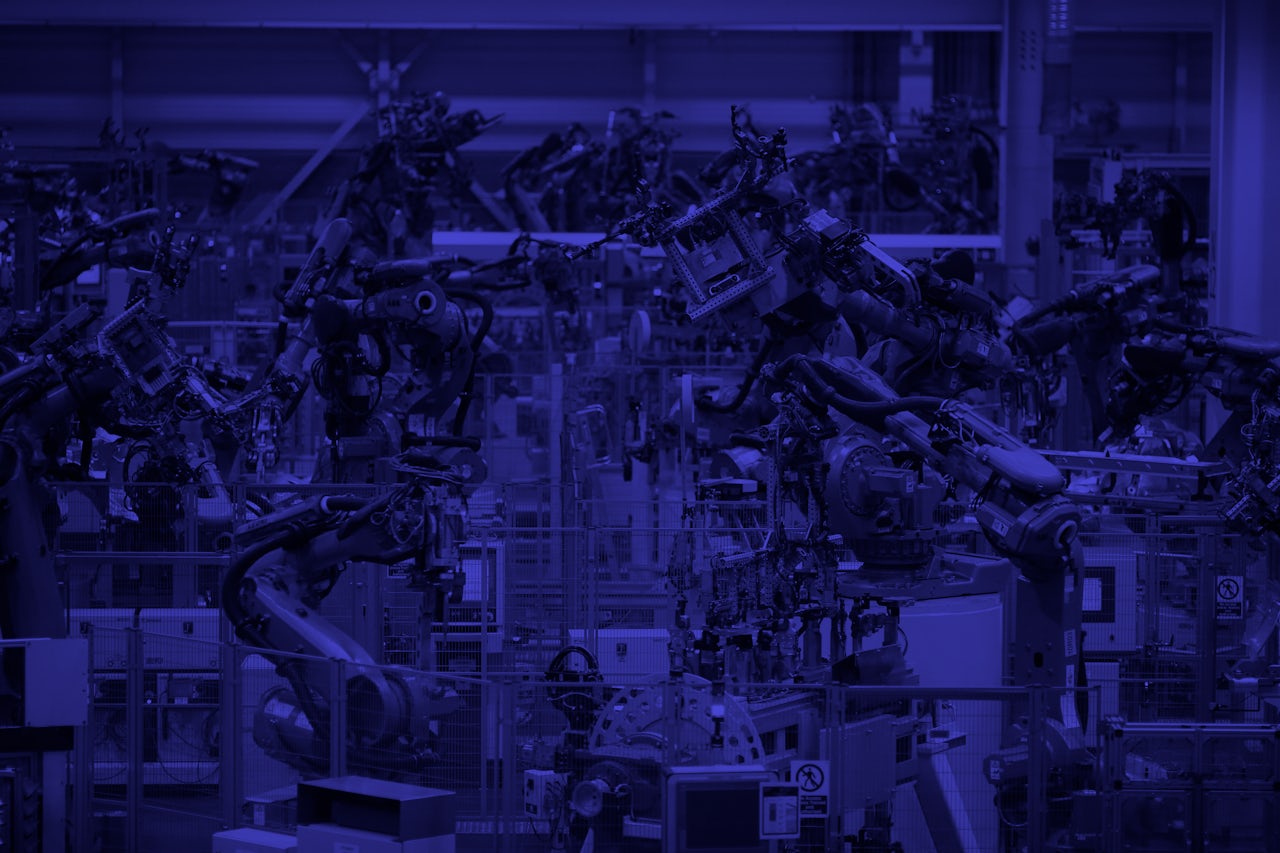In the weeks since Donald Trump became president-elect, plenty of questions have emerged about what the future holds for America. For many of the people that supported Trump, the restoration of the manufacturing and highly specialized jobs that were once the linchpin of America's middle class is at the core of that anxiety. As inequality spins out of control in the US, many wonder if Trump’s claim that he can restore the livelihoods of large swaths of Middle America is all that feasible.
Trump is not lying when he points out that manufacturing jobs — and frankly any job that requires your hands — are on the decline. One obvious reason is that overseas labor remains much cheaper than American labor. The president of the United States has very little control over the wages of workers in other countries, though. And considering how many developing economies depend on producing American goods, it is unlikely that enacting "bold" tariffs will result in anything but an unprecedented, disastrous trade war.
What Trump has managed to ignore — or, rather, distract the public from — is the fact that the jobs he hopes to save are, in many ways, already doomed.
A paper released this summer by consulting giant McKinsey estimated that 59 percent of manufacturing jobs are susceptible to automation, with the added point that "90 percent of what welders, cutters, solderers, and brazers do" is on the technological chopping block. In food service and accommodations, 73 percent of what workers do could be performed by machines. Fifty-three percent of retail jobs are at risk, too.
In his final interview with Bloomberg Businessweek, President Barack Obama said of technology encroaching on labor that, "The way I describe it is that, because of automation, because of globalization, we’re going to have to examine the social compact, the same way we did early in the 19th century and then again during and after the Great Depression."
And the writing's on the wall. In July, Rice University artificial intelligence expert Moshe Vardi said:
"Manufacturing output in the US today is at an all-time high despite the fact that manufacturing employment has fallen for more than 30 years and is currently around 1948 levels. US factories are not disappearing; they simply aren’t employing human workers."
In 2012, Amazon acquired Kiva, a robotics firm in Massachusetts that was responsible for a device quickly being adopted by the nation’s largest retailers. Kiva cut down on the cost of warehouse labor by providing robots that operate at perfect efficiency, scurrying around warehouses moving pallets of products from shipping to receiving with no risk of injury or illness. The human workers at Amazon’s warehouses quickly shifted into doing the work the Kiva bots couldn’t, like placing items on shelves. Wal-Mart, in a race to automate more effectively than Amazon, has been experimenting with drones that could do precisely the tasks that Amazon’s workers perform, eliminating at least one function from their human workforce.
This is happening across industries at significant scale. Uber piloted its autonomous cars in Pittsburgh earlier this year and delivered a truck full of Budweiser in a driverless 18-wheeler a few months later in Colorado. In Ohio, a state that Trump unexpectedly flipped in the election, Governor John Kasich recently announced a $15 million plan to turn a portion of a state highway into a designated testing ground for autonomous vehicles. Trucking is one of the five most common jobs in Ohio.
At a Skechers warehouse in California, one of the few states with manufacturing job growth in America, jobs that once required 10 workers now require three, and the growth in hiring has slowed from 14 percent in 2015 to just 3 percent this year, despite an overall increase in warehouses.
Save from White House advisor Steve Bannon���s comment to The Hollywood Reporter that things under Trump will be "as exciting as the 1930s," the president-elect has made no direct statements addressing the labor implications of advancements in technology. To be fair, he hasn’t been directly asked, either. In all of his most recent sit-down interviews, the question simply hasn’t come up. Even CBS, which has reported on automation, omitted such inquiry from its 60 Minutes interview. The New York Times, in its interview with Trump, seems to have glossed over the question, too.
Today Trump announced that Andy Puzder, the CEO of CKE Restaurants, which runs the Carl’s Jr. and Hardees fast food chains, will join his cabinet as his labor secretary. Earlier this year, it should be noted, Puzder said he wanted to create an "employee-free" restaurant. Puzder is also opposed to increases in the minimum wage.
And while Trump has used issues like trade and illegal immigration to create anxiety about manufacturing jobs, he doesn't seem to be concerned about the looming technological boogeyman that is already replacing American workers.
